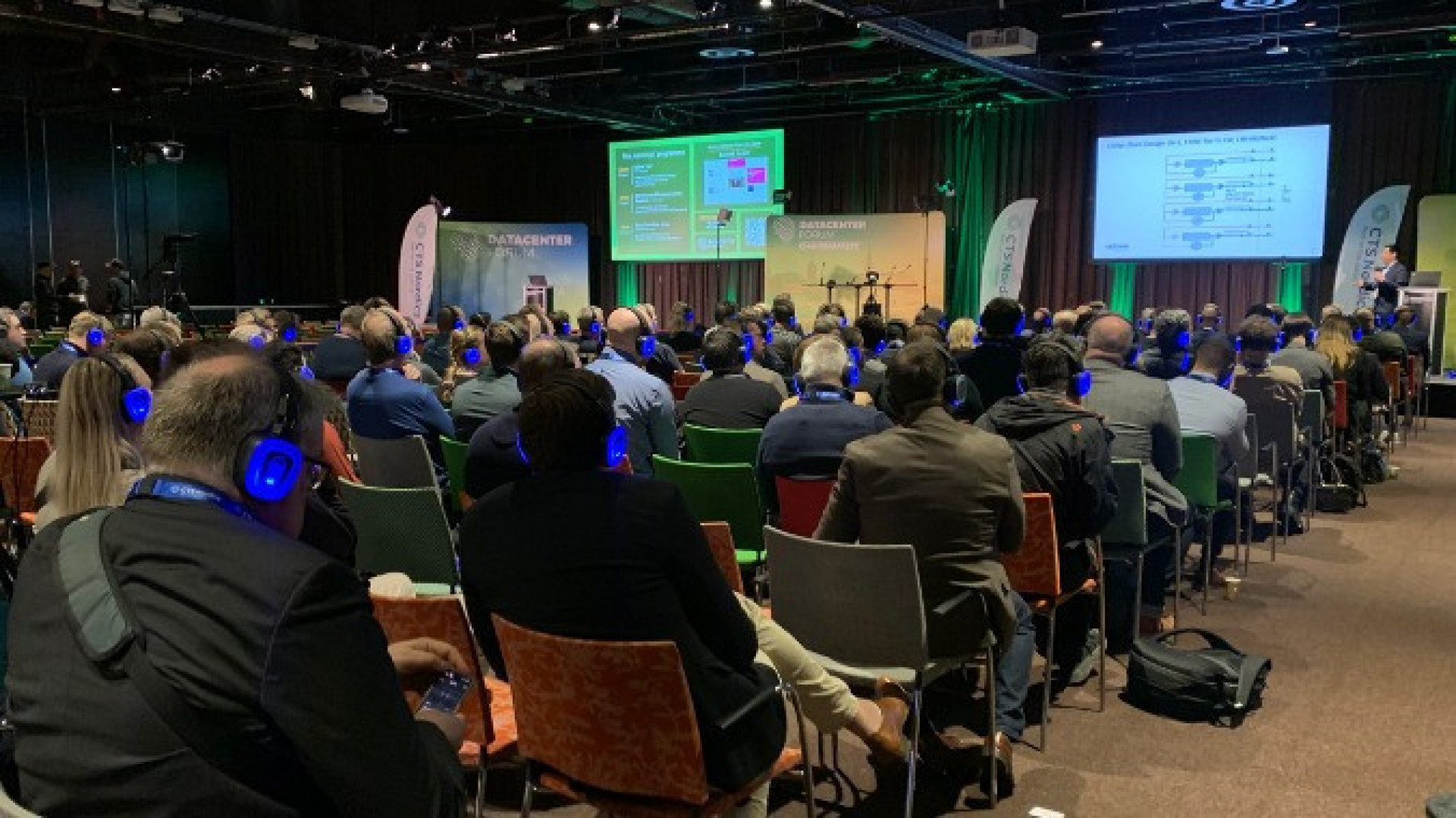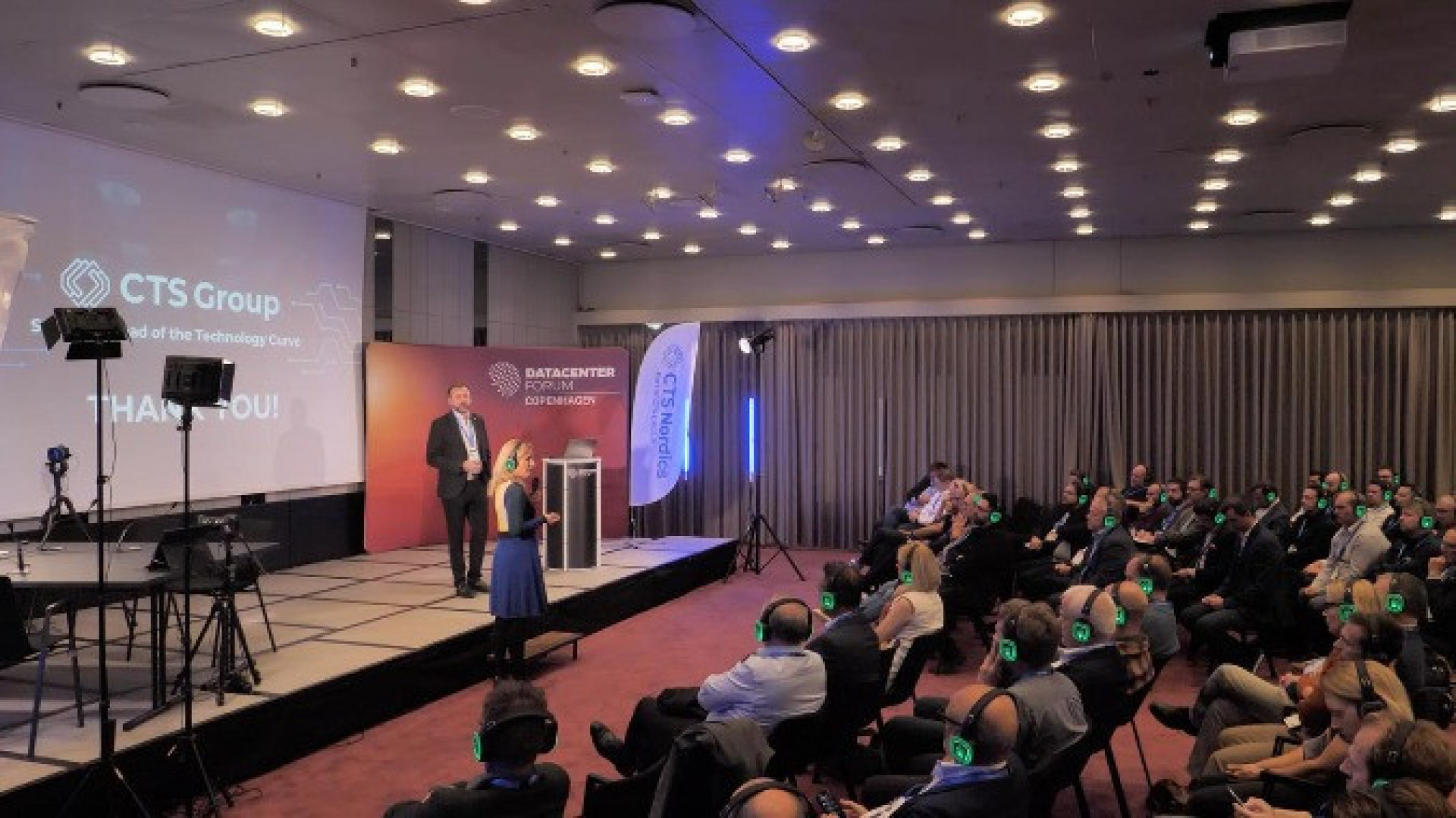As part of the ambition to reach net-zero, the University of York, UK, will place much of the university’s advanced calculations at EcoDataCenter in Falun, Sweden. Access to a sustainable infrastructure for the most energy-consuming part of IT was the determining factor.
"Given the university’s strong commitment to net-zero and the fact that our high-performance computing facility will be used for climate research, we were happy to find a partner with a clear focus on environmental sustainability and the capability and maturity to deliver, said Richard Fuller, Assistant Director at the University of York.
Data growth
The need for more data will increase by 300 percent over the next few years. AI and Machine learning are part of the concept of High-Performance Computing and are by far the most energy-consuming data and will constitute the majority of the data growth. A sustainable digital infrastructure that can handle the growing amount of data is vital for the green transition.
When the University of York began looking at the next iteration of its High-Performance Computing facility, it realised that finding a co-location facility that could fulfil its requirements would be a great challenge. Turning to the Nordic countries, the university identified EcoDataCenter as a facility that meets both their needs and values. By placing the data in EcoDataCenter in Falun, the University of York is able to reduce carbon emissions from the data by about 98 percent, compared to handling the same data in the UK.
Raising knowledge
Apart from EcoDataCenter in Falun, Sweden, being the place where the University of York is carrying out its calculations, the parties will also jointly work to raise knowledge about increased requirements for sustainability in the area of High-Performance Computing. Lack of knowledge about sustainable solutions, demands for innovation and speed often lead to sustainability being deprioritised.
“Sustainable research IT is a key principle of the University of York. In addition to optimising the performance of both hardware and software, we need to look at the environmental impact of our work. We have to ask ourselves how we can contribute to positive change by making our supercomputing part of the ‘Green HPC’ movement,” said Dr Emma Barnes, Head of Research IT at the University of York.
Common agenda
Due to the cool climate, the cost of green energy and the availability of labour, Sweden is an attractive country when it comes to data center establishments. However, EcoDataCenter sees that many companies and organisations are turning to Sweden to learn more about the possibilities of sustainability from a broader perspective than just green energy.
"When the University of York visited our facility in Falun to learn more about how we construct data centers and how we view the role of data centers in society and the circular economy, we found a common agenda in accelerating the green transition in digitalization. The collaboration has already started, and we are seeing even more universities interested in what we can offer" said Dan Andersson, CEO at EcoDataCenter.














